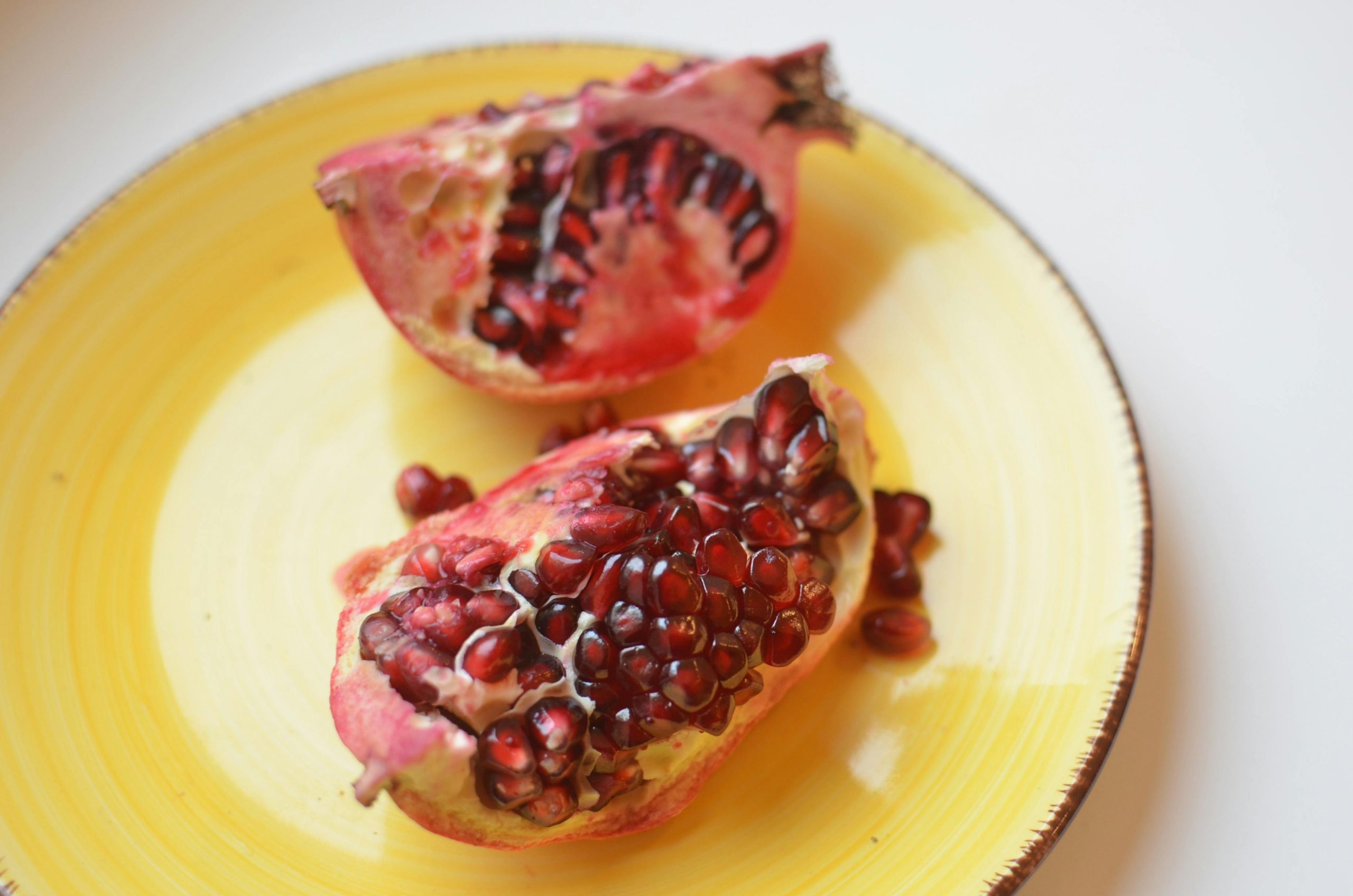Feature image courtesy @picha on Pexels
Have you ever noticed how eating something delicious becomes so much more than just how it tastes? Here is what we mean: your whole body is involved in the process of consuming food. In fact, you are affected by what you smell, what you see, and even the way the food feels in your mouth. Imagine how all of that works together simultaneously to create this one big experience. To explain it even deeper, the same food could taste completely different depending on where you are or what mood you’re in, right? We’ll explain it in more detail below.
How Does Taste Work?
When we are talking about science we can’t overlook how different types of taste work. In simple words, when you bite into something, your taste buds kick in. Those can be described as tiny little receptors mostly on your tongue that are responsible for recognizing sweet, salty, sour, bitter, and umami.
To give you a better picture, let’s answer the question “How many taste buds do humans have?” Imagine, we have as much as 2,000 to 10,000 buds scattered around the mouth, which sounds incredible. And where are your taste buds located? They can be found mostly on the tongue but also on the roof of your mouth and even in your throat.
You might be surprised by the following fact: each taste bud isn’t just tuned into one specific taste as you might think. In reality, they all can pick up multiple tastes. But how do we recognize them then? Well, your brain is the one that pieces it all together into a full flavor.
Research on the Sense of Taste
As you see, it’s pretty wild how taste actually works. Interestingly, it’s not just about what’s happening on your tongue. There’s so much more going on! Are you aware of what percentage of taste is smell? About 80% of what we “taste” is actually from our sense of smell, which explains why food feels bland when you’ve got a stuffed-up nose. A lot of research backs this up. Besides, one study found that taste buds regenerate about every two weeks.
And it’s not just taste and smell doing the heavy lifting. What you see and feel matters too. There was this research paper that showed how visual cues can seriously change how you perceive flavor. Like, if a food looks more vibrant or fresh, we automatically expect it to taste better, and it usually does! If you’re curious and want to geek out more on this, you can even dig into some studies yourself. For starters, visit https://papersowl.com/buy-research-paper where you can get all kinds of papers that include studies on this stuff. Just place a research paper order or buy a research paper through their buy research paper service to learn more about how sensory cues shape our eating experience.
Why Does Food Taste Better High?
Not many people highlight this topic but many of us are curious about it. Some think that it’s just in their head but it’s not really true. There’s actually some solid science behind this phenomenon that we are going to explain. Experts claim that when you consume cannabis, one of the main effects is how it interacts with your brain’s endocannabinoid system. Don’t be scared by this complicated name, it’s just a system that plays a role in regulating mood, appetite, and yes, your sense of taste and smell.

Image courtesy @skylar-kang on Pexels
In more detail, one of the primary components of cannabis is THC or tetrahydrocannabinol. This component enhances the way your brain processes sensory information, particularly smell and taste. So, what does research show in the context of our topic? Well, THC can increase your sensitivity to odors by interacting with olfactory receptors. It makes smells more intense. As we mentioned above, about 80% of what we perceive as taste comes from our sense of smell. Hence, this part of the experience makes food taste even more flavorful.
There’s more to it though. Let’s recall the fact that THC also increases the release of dopamine in your brain. If you remember, it is the neurotransmitter associated with pleasure and reward. Logically, this makes eating even more enjoyable because you’re getting a heightened sense of satisfaction from it.
On top of that, one study even found that people who consumed cannabis before eating consumed more food, so be careful if you don’t want to gain weight. People reported it tasting better compared to when they were not high. This effect is sometimes called “the munchies“, and it’s not just about being hungry. It’s rather about food being more enjoyable on a sensory level as we get more sensitive.
Why Taste is a Personal and Evolving Experience
Do you know how certain foods just seem to “taste like home”? That’s because our sense of taste is deeply personal. In essence, it’s shaped by a blend of:
- memory
- emotions
- cultural background.
For instance, the smell of a certain dish might instantly transport you to a happy childhood moment. Hence, the dish tastes even better because it’s tied to positive emotions.
There’s actually a lot of research proving the incredible fact that our brains create strong links between flavors and experiences. This is a simple explanation of why comfort foods tend to bring us a sense of nostalgia and emotional warmth that we miss so much. But it works the opposite way too. On the flip side, a negative association can turn us off from that flavor entirely and we won’t be able to enjoy food anymore.
Culture is another big influence. What’s considered delicious or even acceptable to eat varies wildly from one culture to another. Do you remember the last time you went to an Indian or Thai restaurant in your western city? Then, you must know that spicy food, for example, is a staple in many cuisines around the world. But some people who didn’t grow up with it find it too intense as it’s very unusual for their bodies.
Final Thoughts
As you can understand now, what we taste is never just about taste alone. In essence, it’s the whole sensory package that makes each bite what it is. It’s fascinating how our brain just merges all these inputs without us even realizing it. So yeah, next time you’re savoring your favorite food, just think about how much is really going on in your brain to make that one bite so satisfying.








